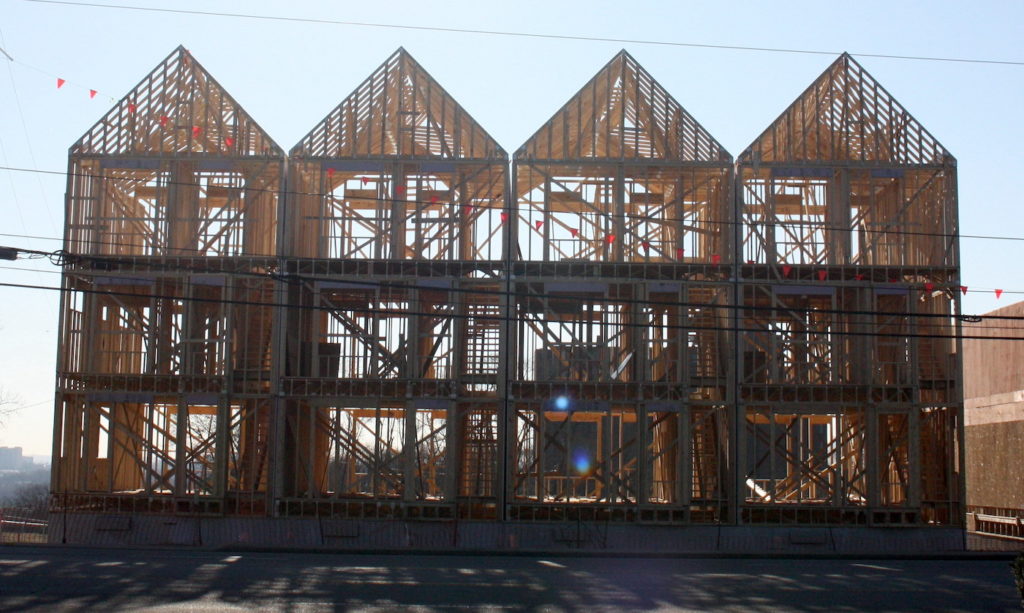
Nashville’s mayor is urging the Metro Council to spend $50 million of federal COVID relief funds to chip away at homelessness.
This latest push from the mayor comes after the council delayed voting on multiple funding resolutions to allow time to get some of their questions answered.
It also comes as residents in Bellevue grow louder in their demands for the city to do something at Brookmeade Park, where some have been pushing for an encampment to closed. There’s been tension. For some, the example represents privileged residents putting their desired use for the park over other community needs. But from the residents’ viewpoint, it’s a multi-decade showcase of how the city hasn’t prioritized resolving homelessness.
The Metro Parks department will meet in that community Monday to hear from the public.
Dede Byrd is the vice president of Bellevue’s Reclaim Brookmeade Park. She’s looking forward to any movement to close a homeless encampment there.
“There’s no security. There’s no running water. There’s no electricity,” she says. “They’re on the streets. They are surviving. They’ve had trauma. That is not the place to support them.”
Proposal for federal funds
After the federal COVID-19 eviction moratorium ended, more residents have become homeless. This doesn’t always look like living on the street, but also includes a person couch surfing with someone in their network.
As outlined by the mayor’s office, $50 million in relief dollars would go toward four goals:
- Building affordable housing units.
- Supporting services like addiction and mental health treatment.
- Short-term housing, like staying at a church until more permanent housing opens up.
- Incentivizing landlords, developers and property owners to remove barriers to get housing.
“Every unhoused resident finds himself or herself in that circumstance for different reasons,” Mayor John Cooper says. “And these new resources will significantly bolster our ability to address the root cause of why folks on the streets are there and help them get back on their feet and into housing.”
In the last few years, policymakers have made it challenging on the community. A permanent supportive housing project that’s meant to address homelessness was supposed to open this fall. But because of the mayor’s redesigns, it just broke ground in late May. In June of 2022, Tennessee lawmakers further criminalized homelessness by expanding penalties for where anti-camping laws are in effect.
The Metro Council is scheduled to consider the relief spending on Oct. 4.

